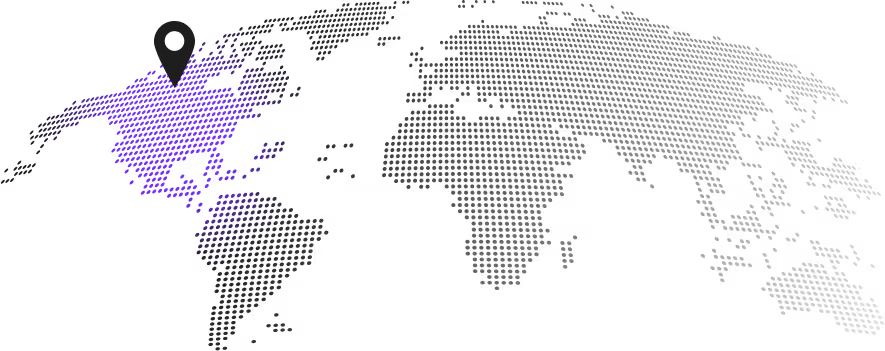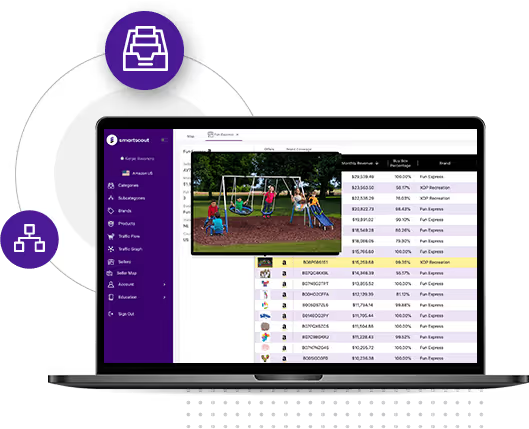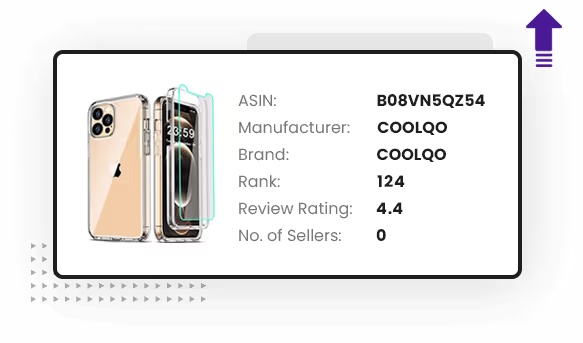
Of the top 10,000 sellers, 6026 are headquartered in the US. This makes sense, as a US business would have every advantage one could hope for, language and proximity being the most important. Being a part of the largest economy in the world, there's certainly more money to be invested.
There's one advantage they don't have, though. They don't have the largest manufacturing economy in the world. That belongs to China. Chinese sellers make up 3,331 of the top 10,000 sellers on Amazon. That leaves just 643 sellers to all other countries combined.

Seller feedback is one of the most reliable ways to measure growth: the program has changed very little over time and gives an idea of the relative size of a seller. There are variances between sellers in their request to get feedback, but we can assume any single seller doesn't change their strategy too much year over year. So, how are the top 10,000 sellers growing?

Now for the most important question: how many sellers are brands representing their own products on Amazon vs resellers offering many brands? By looking at the number of brands an Amazon seller has available, we're able to determine their makeup. There are 3,822 sellers that are selling on 4 or more brands on Amazon. 1,946 of those sell on more than 20 brands. This demonstrates strong representation for resellers. These sellers probably led the first gold rush into Amazon, with large communities set up to support this kind of selling. Many have predicted the demise of reselling, but many are still succeeding in this model.
We shouldn't let that exuberance overshadow the hot topic of private label sellers: 5,449 are selling on 1 or 2 brands. These are true private label sellers. They are why over $3.5 billion has been raised to acquire these companies.
Resellers are primarily from the United States, while China is very strong in going direct-to-consumer. There usually is a blurry line in the data making it hard to determine if a seller is a reseller or a private label, but SmartScout is organized to make this filtering quite easy and based on the number of brands they sell we can provide the following breakdown:



Of the top 10k sellers, 1,075 are in Health and Household, 996 are in Clothing, Shoes & Jewelery, 858 are in Home & Kitchen
The most represented subcategory is ‘Cell Phone Basic Cases’ with 89 sellers. Almost 1% of the top sellers are in that niche.
Followed by 88 in books and 63 in healthcare products.

Top ASIN from private label represents 23% of their revenue.
Top ASIN from Resellers represents 16% of their revenue.
The top brand from Resellers represents 20% of their revenue.
We wanted to see on average how many top selling ASINs these sellers had. For resellers, they have on average 18.5 ASINs that do over $10k a month and that makes up 53% of sales. PL averages 14.4 top ASINs and making up 76% of their sales.
These last points make the importance of a niche crystal clear. The majority of sellers' revenue comes from between 14-19 products, and as much as a quarter of revenue from one single product. Right now there are dozens of tools that can help you maximize the value of a single product, but where do you find your next great item? SmartScout is the best tool available for finding new niches and untapped markets, whether you want to search by brand, category, subcategory, or product. Try out SmartScout today to find your next product that will vault you into the top 10,000!
